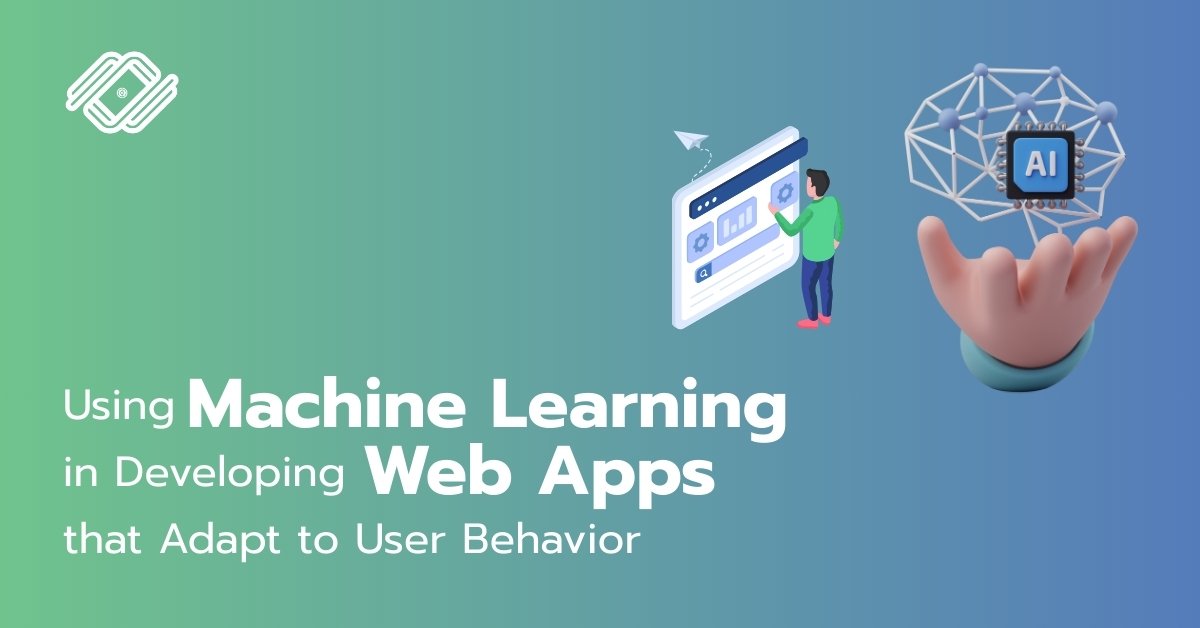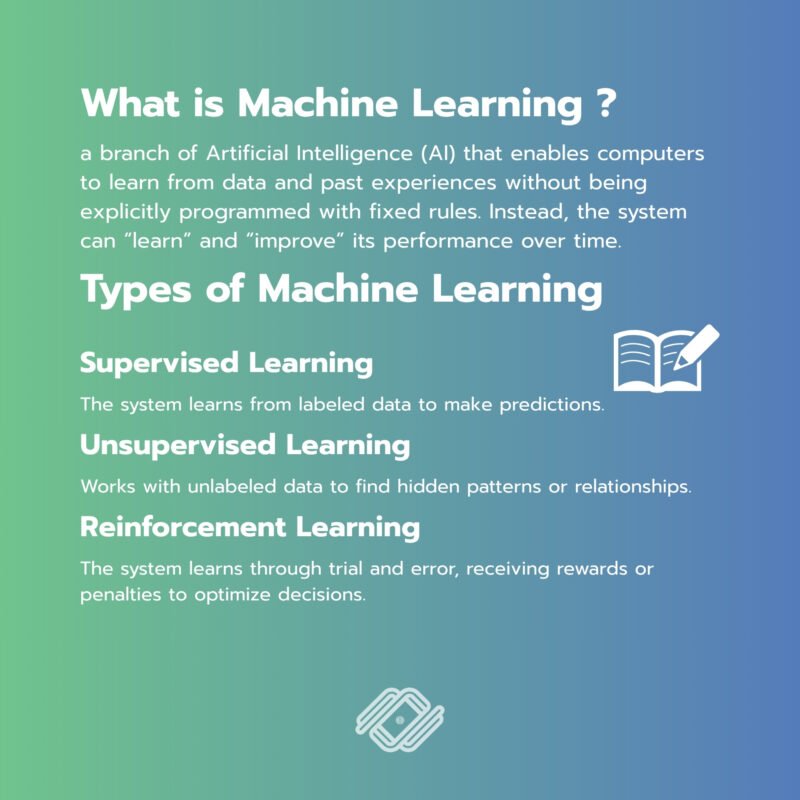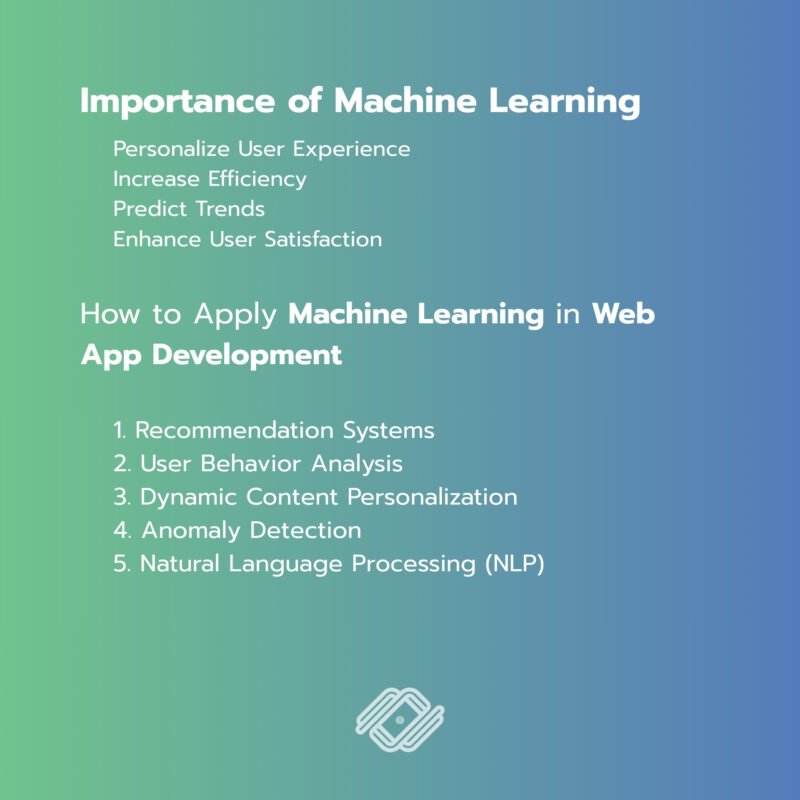
What is Machine Learning?
Machine Learning (ML) is a branch of Artificial Intelligence (AI) that enables computers to learn from data and past experiences without being explicitly programmed with fixed rules. Instead, the system can “learn” and “improve” its performance over time. The more data it processes and the better the training, the more accurate its predictions and decisions become.
Common examples include product recommendations on e-commerce platforms, email spam filtering, or movie suggestions on streaming services.

Types of Machine Learning
- Supervised Learning
The system learns from labeled data to make predictions. For example, predicting exam scores based on study hours, or classifying emails as spam or not.
- Unsupervised Learning
Works with unlabeled data to find hidden patterns or relationships. For instance, clustering customers based on their purchasing behavior.
- Reinforcement Learning
The system learns through trial and error, receiving rewards or penalties to optimize decisions. A typical use case is AI learning to play a game until it wins, or a robot learning how to walk.
Importance of Machine Learning

Machine Learning plays a crucial role in the digital age, providing systems with the ability to:
- Personalize User Experience: Deliver recommendations tailored to each individual’s interests.
- Increase Efficiency: Analyze vast amounts of data quickly and accurately.
- Predict Trends: Provide forecasting for business, finance, or user behavior.
- Enhance User Satisfaction: Offer more engaging and intuitive digital experiences.
How to Apply Machine Learning in Web App Development
Developers can integrate Machine Learning into Web Apps in several ways, such as:
- Recommendation Systems:
Analyze user behavior such as likes, purchases, or browsing history to recommend products, services, or content.
- User Behavior Analysis:
Track and analyze user interactions (e.g., time spent on pages, frequently clicked buttons) to improve UX/UI design.
- Dynamic Content Personalization:
Automatically adjust content, layout, or ads displayed based on user preferences and activities.
- Anomaly Detection:
Identify unusual patterns such as suspicious logins or potential cyberattacks to enhance security.
- Natural Language Processing (NLP):
Enable features like chatbots, intelligent search, or sentiment analysis of user feedback.
Conclusion
Machine Learning is more than just an advanced technology—it empowers Web Apps to become adaptive, personalized, and intelligent. By applying ML effectively, developers can create apps that not only enhance user satisfaction but also give businesses a competitive edge in today’s digital-first world.
—–
If you want your business to reach online customers and achieve sustainable marketing results, we are happy to provide consultation on what you need.
For further inquiries, contact us at:
Tel. 093 696 4498 Line OA: https://lin.ee/po8XduU
E-mail: mongkontep@pkindev.com
Inverze Solutions Co., Ltd. has received numerous awards for its achievements
